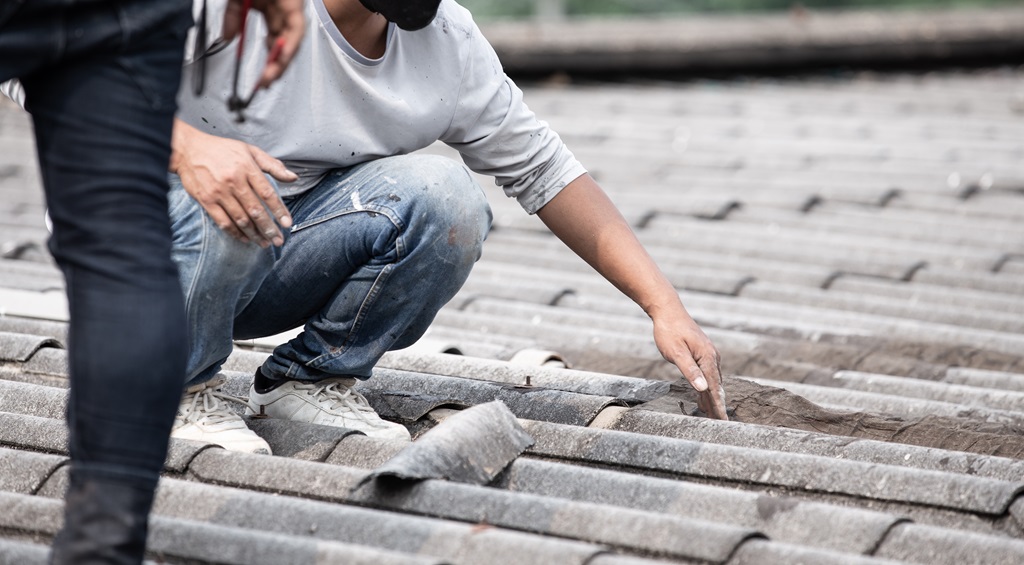


When it comes to roofing projects, one term that often causes confusion is “depreciation check”. Many homeowners wonder why this check is issued and who gets to keep the money. In this blog post, we will discuss what exactly a depreciation check is, how it works, and most importantly – why your Roofer in Daytona Beach receives it. So, why does the roofer get the depreciation check?
Before we delve into the nitty-gritty, let’s first demystify the enigma of a depreciation check. You see when an insurance company shells out for a roofing project, they tend to hold back a smidge of moolah as depreciation – for example, depreciation for a roof replacement. This little deduction accounts for the natural wear and tear that time bestows upon any property. It’s basically the gap between the roof’s current value and its heyday price tag. So, what’s the point of this depreciation check, you ask? Well, it’s all about making sure homeowners don’t hit the jackpot and score more moolah than they need for their roof overhaul.
Once an insurance claim is submitted, the adjuster will play detective and embark on an on-site investigation to determine the damage extent and establish the repair costs. This amount will be divided into two cunning components – the actual cash value (ACV) and the sneaky depreciation. ACV is the amount that the homeowner receives upfront, while depreciation is held back by the insurance company. Once the roofing project is completed, a second check for the withheld depreciation will be issued.
Does the roofer get the depreciation check? Yes. Now, onto the main question – why does the roofer receive this check? The answer is simple – because they are the ones responsible for completing the roofing project to its full extent. Since the roofer will be using this money to buy materials and cover labor costs, it makes sense that they receive the depreciation check. Additionally, it serves as a form of protection for both the homeowner and the insurance company. The roofer must complete the project to the insurer’s satisfaction before receiving the withheld funds, ensuring that the job is done correctly.
Now that we have covered the basics of depreciation checks, let’s address a few other common questions asked by roofing clients.
No, it is not permissible. The purpose of the depreciation check is to ensure the proper completion of all essential repairs. Opting out of engaging a roofer or neglecting the repairs altogether jeopardizes your insurance coverage for future damages.
The response to this inquiry might differ based on your jurisdiction and tax regulations. We advise seeking guidance from a tax expert for precise information tailored to your circumstances.
In summary, the roofer receives the depreciation check because they are responsible for completing the roofing project and ensuring it is done correctly. Homeowners should not be concerned about this check as it serves to protect them and their property in the long run. We hope this guide has shed some light on the topic of insurance roof replacement depreciation.